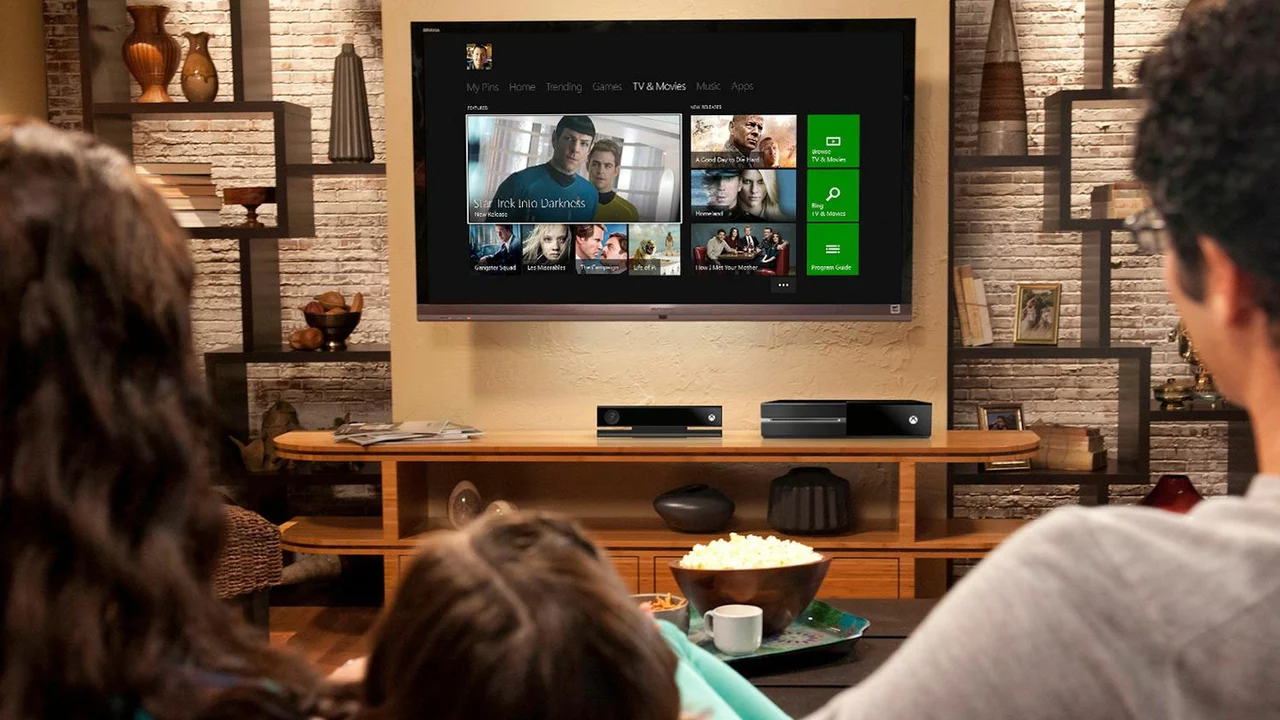Is TV Really Outpacing Movies in Quality and Popularity?
You've probably noticed it too – the buzz around a new TV series feels just as loud, if not louder, than the hype for a blockbuster film. With binge‑watch culture in full swing, people are swapping popcorn for couch marathons, and the conversation around which platform delivers better storytelling is getting louder.
Streaming giants like Netflix, Amazon Prime, and Disney+ have turned TV into a playground for big‑budget productions. They pour millions into set design, special effects, and star‑studded casts, so the line between a high‑end TV drama and a mid‑range movie is blurring. That means you can get cinematic visuals and complex plots without leaving your living room.
Why TV Looks Better Today
First off, TV now has the time to develop characters. A 10‑episode arc lets writers explore backstories and motivations way deeper than a two‑hour film can. Think about how shows like "Breaking Bad" or "The Crown" unfold layers of drama that would feel rushed on the big screen.
Second, talent is making the jump. A‑list actors and directors are choosing TV because it offers creative freedom and steady work. When Christopher Nolan or Priyanka Chopra steps into a series, you get the same level of craftsmanship you expect from a movie, but spread across episodes.
Third, the accessibility factor is huge. You can press play anytime, anywhere, and the platform remembers where you left off. No need to sync a theater schedule or buy a ticket. That convenience drives popularity – people choose what fits their lives, and TV fits better for most.
Can Movies Keep Up?
Movies aren't out of the game yet. The theater experience – the massive screen, surround sound, shared audience reactions – still has a magic that a laptop can't replicate. Filmmakers are responding by making events that feel epic, like "Avengers: Endgame" or "RRR", which draw crowds despite streaming alternatives.
Many studios are also experimenting with hybrid releases: a theatrical debut followed by a quick streaming window. This gives fans the choice to watch on the big screen or wait for home viewing, keeping both revenue streams alive.
Another angle is storytelling depth. While TV can stretch a plot, movies are upping their game with tighter scripts, bold visuals, and risk‑taking narratives. Indie films, for example, are using limited budgets to push creative boundaries, delivering fresh perspectives that attract niche audiences.
So, is TV taking over? In many ways, yes – especially for long‑form storytelling and convenience. But movies still hold a unique place for spectacle and communal excitement. The real win is that both formats are pushing each other to be better, giving us more quality content than ever before.
What do you prefer: the deep dive of a series or the immersive punch of a theater release? The choice is yours, and the industry is listening.

